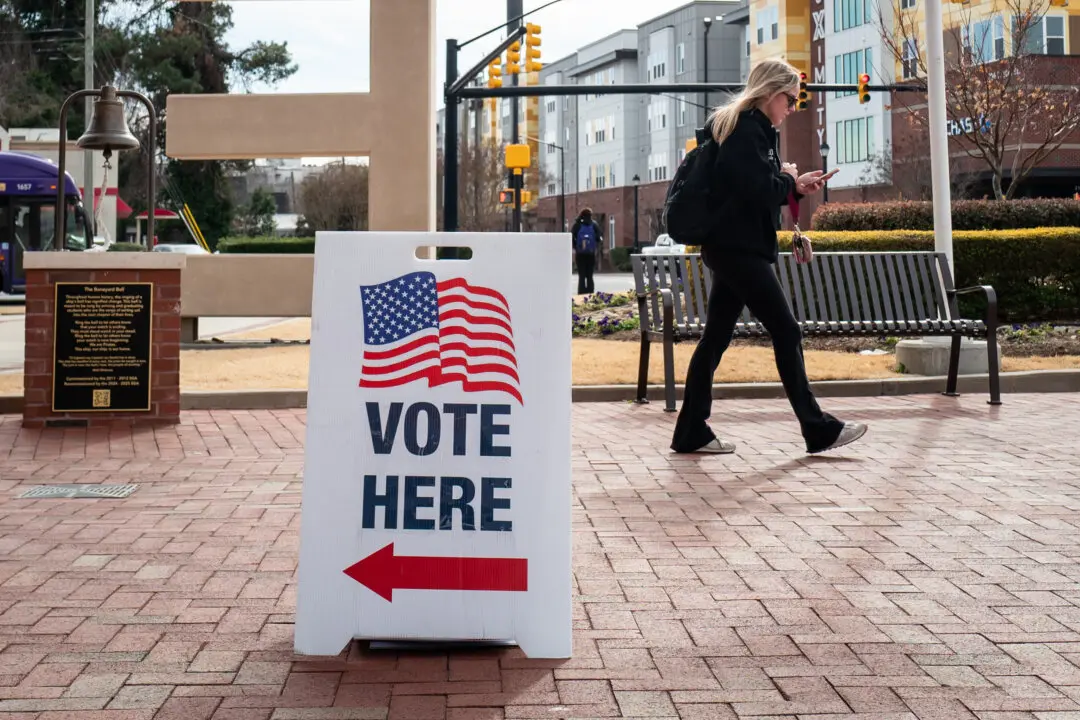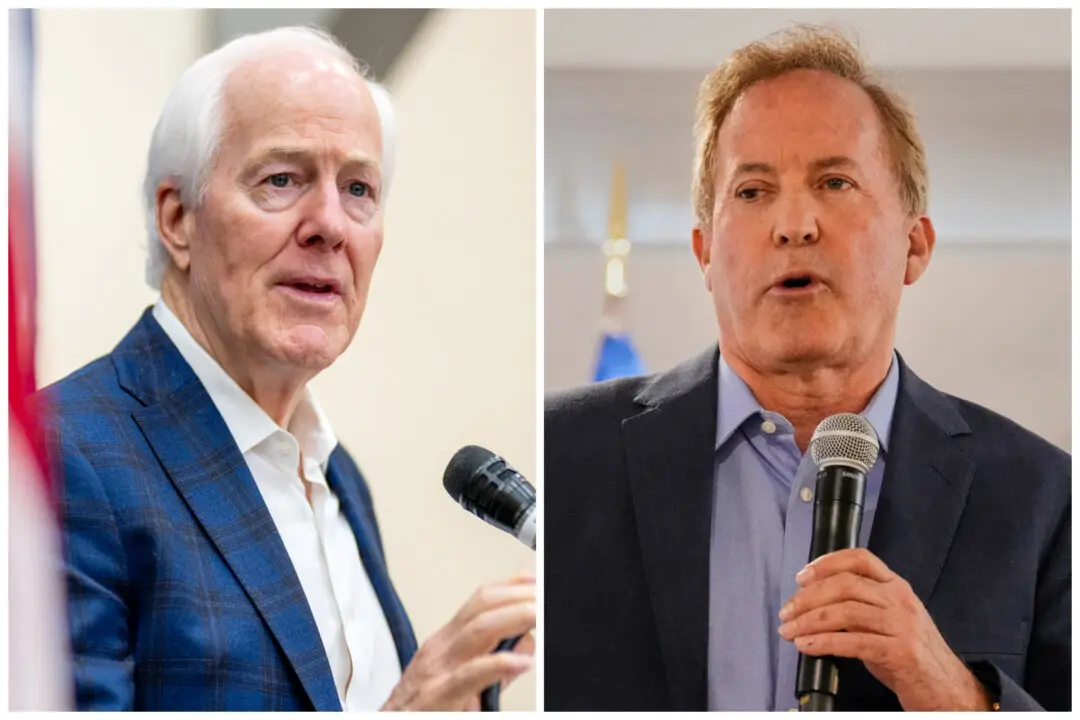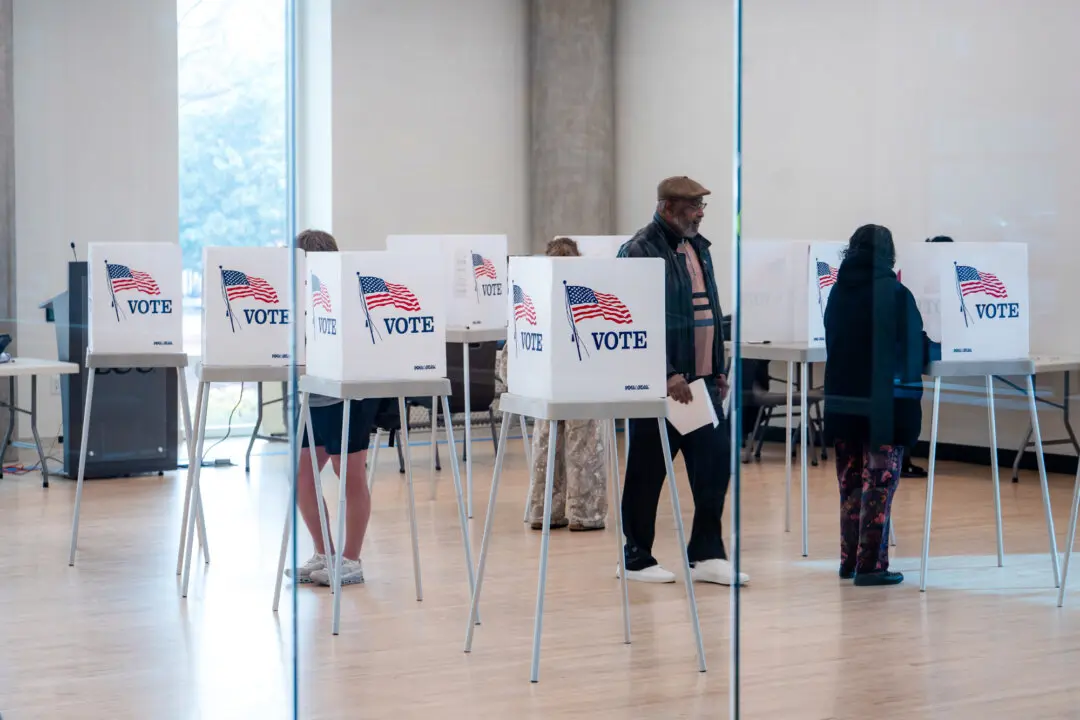News Analysis
On March 31, 2021, a hotel in Washington, D.C. hosted a swanky conference for politicos—not exactly an uncommon occurrence. Yet, in a town where conservatives are often expected to back the latest war, “Up from Chaos: Conserving American Security” bucked that resurgent trend.





